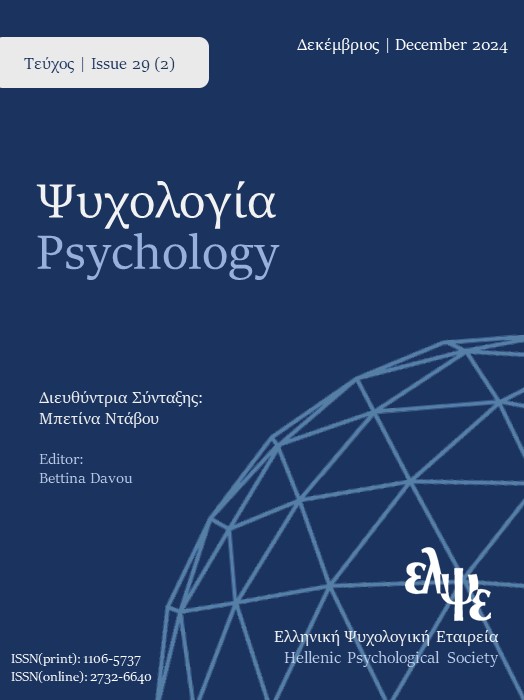Mental health information-seeking in Greece from the Global Financial Crisis to the COVID-19 pandemic: A multiple change-point Google Trends analysis

Abstract
During the COVID-19 pandemic, the Greek population was already burdened by the strain of a decade-long financial crisis, which had caused life disruption, insecurity, uncertainty, and loss of symbolic capital, inevitably placing a huge cumulative burden on their mental health. Since other discernable population-level changes in mental health have not yet emerged, continued monitoring is warranted. Identifying emerging needs for mental health services was the major objective of the present study. To accomplish this, a multiple change-point detection and validation approach was employed to analyze Google Trends data, exploring community interest in mental health therapists and treatment practices in Greece. Specifically, Google search data from pre- and post-financial and pandemic crises periods (2004-2023) were analyzed to assess the search frequency of specific topics/terms of interest. The results revealed that, over the last six years or so, searches for terms like “psychologist”, “psychiatrist”, “psychotherapist”, and “neurologist”, as well as treatment practices such as “psychotherapy”, “meditation”, and “antidepressants”, have increased. However, a decline in searches for “mental health counselor”, “psychotherapy”, “psychoanalysis”, “meditation” and “mental health helplines” was observed after 2011 (persisting for at least the next 5-7 years in certain cases). Searches for “psychoanalyst”, “mental health centre” and “anxiolytics” remained relatively stable throughout the study period. These results, combined with ongoing surveillance, can offer insights into public interest in mental health services and guide public mental health initiatives to be better tailored to the needs of communities, ultimately addressing the psychological toll of the preceding socioeconomic crisis and the current COVID-19 situation.
Article Details
- How to Cite
-
Parpoula, C., & Anagnostopoulos, F. (2024). Mental health information-seeking in Greece from the Global Financial Crisis to the COVID-19 pandemic: A multiple change-point Google Trends analysis . Psychology: The Journal of the Hellenic Psychological Society, 29(2), 295–319. https://doi.org/10.12681/psy_hps.39612
- Section
- SPECIAL SECTION

This work is licensed under a Creative Commons Attribution-ShareAlike 4.0 International License.
The journal PSYCHOLOGY adopts a Platinum open-access policy. Submission, processing or publication costs are waived by the Hellenic Psychological Society. Papers published in the journal PSYCHOLOGY are licensed under a 'Creative Commons Attribution-ShareAlike 4.0 International' licence. The authors reserve the copyright of their work and grant the journal the right of its first publication. Third-party licensees are allowed to use the published paper immediately after publication as they wish, provided they retain the defined by the license copyright formalities, regarding the reference to its author(s) and its initial publication in the journal PSYCHOLOGY. Moreover, any adjusted work should be shared under the same reuse rights, so with the same CC license.


